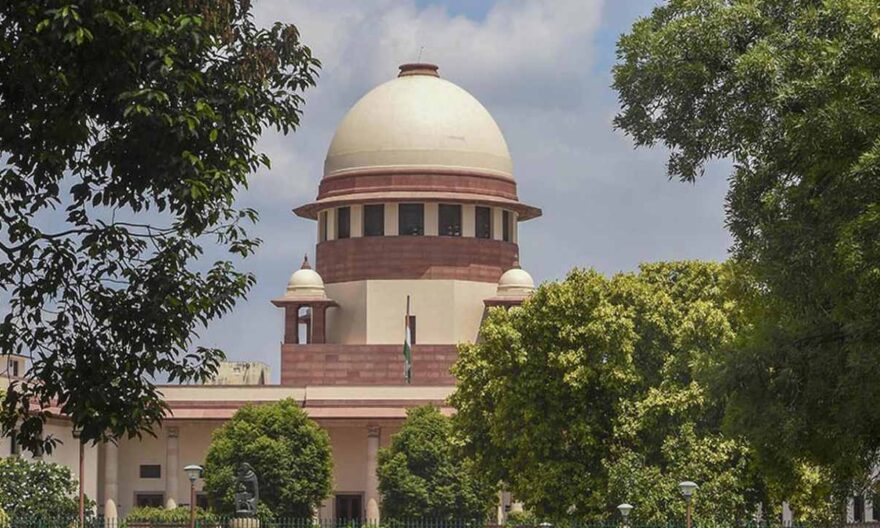
The Supreme Court on Monday adjourned the hearing of a plea filed by Communist Party of India (Marxist) leaders Brinda Karat and KM Tiwari.
The plea seeks the registration of a First Information Report (FIR) against BJP members Anurag Thakur and Parvesh Verma for alleged hate speeches during election rallies in January 2020.
A bench comprising Abhay S Oka and Sanjay Karol was scheduled to hear Karat and Tiwari’s petition against the Delhi High Court’s decision not to set aside a trial court’s dismissal of their plea for FIR registration against the two Bharatiya Janata Party leaders. However, due to a request for adjournment from the counsel, the Apex Court bench had to defer the hearing.
The Case
Leaders of the Communist Party of India (Marxist), Brinda Karat and KM Tiwari, approached the Delhi High Court through a criminal writ petition after a trial court rejected their plea for FIR registration against the BJP leaders.
In August 2020, a Delhi trial court dismissed the petitioners’ application under Section 156(3) of the Code of Criminal Procedure, seeking FIR registration for various offenses under the Indian Penal Code. The court noted that prior sanction under Section 196 of the Code was required, even at the initial stage. However, such sanction had not been obtained by Karat and Tiwari.
The petitioners argued that the stage of cognizance does not arise when directions under Section 156(3) of the Code are issued, thus no sanction is necessary under Section 195 or Section 196 for FIR registration. In June 2022, the Delhi High Court rejected Karat and Tiwari’s writ petition against the trial court’s decision. Justice Chandra Dhari Singh held that while the writ petition was admissible, it could not be entertained due to established legal principles and judicial rulings on the presence of an effective alternative remedy.
In April 2023, the Supreme Court issued a notice on a special leave petition filed by the petitioners, challenging the Delhi High Court’s dismissal order. While agreeing to hear the plea, a bench of Justices KM Joseph and BV Nagarathna also observed that, prima facie, the magistrate’s stance that sanction was needed to register an FIR in the case appeared to be incorrect.




